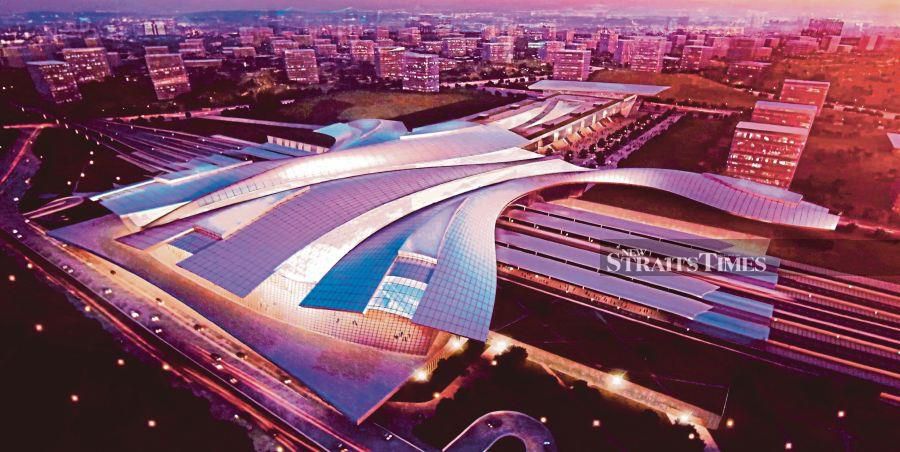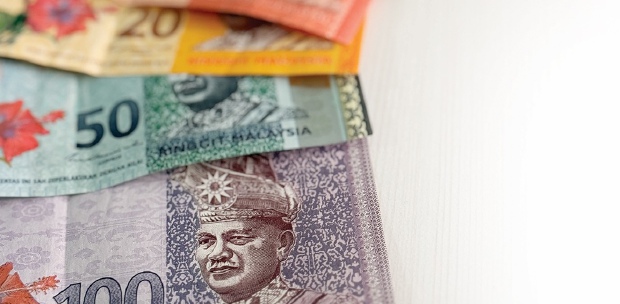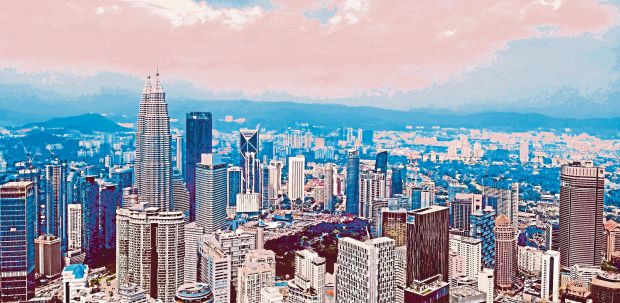IT is time to reflect on what happened to the Malaysian economy this year and what to expect in the upcoming year. One thing is clear — it will be a very bumpy ride. But with proper priority and execution, the economy can be built back greater and greener.
We began the year with the shocking news of the cancellation of the Kuala Lumpur-Singapore High-Speed Rail (HSR) project. The cost, due to the cancellation, includes not just the compensation to Singapore, but also the loss of economic benefits and multiplier effects, which our economy and people were expected to gain in the short, medium, and long terms.
Equally important to highlight is that the good bilateral ties forged during the planning and signing of the project have been somewhat dented. The cancellation has also given a bad impression to future investors about the prospect of investments in Malaysia.
Then, there's the various types of lockdowns, plus an emergency proclamation from January to August. But the economic impact was cushioned with various stimulus packages, namely Permai, Pemerkasa, Pemerkasa Plus, and Pemulih, totalling RM225 bilion with RM26.8 billion in total direct fiscal injection. The economy managed to bounce back with a growth rate of 7.1 per cent in
the first half of the year, but contracted 4.5 per cent in the third quarter.
In February, a milestone in addressing the pandemic was reached when the Covid-19 National Immunisation Programme was rolled out. With that, the government introduced the National Recovery Plan in May so there would be no more lockdowns as many would have been vaccinated against Covid-19 and hence, the economy could be opened up slowly and safely.
After four postponements, finally, in September, the 12th Malaysia Plan (12MP) was launched and since October, the government has opened up state and district borders to resume economic and social activities. In the same month, the 2022 Budget was unveiled.
So, what should we expect in 2022 for the economy? For a start, let us talk about the current hot issue — the rise in the cost of living, specifically the spike in the prices of essential food items.
This is worrisome, as it will dampen the momentum of recovery, especially in the context of the people's economy. It is no doubt an after-effect of the lockdowns, but it also points to the need for the resetting of the economy moving forward, especially on the issue of food security.
That said, inflationary pressure might also be an issue next year and hence, the possibility of Bank Negara Malaysia starting a normalisation of monetary policy, especially in the second half of 2022.
One of the crucial aspects of reviving the economy would be how well the government attracts investments, especially foreign direct investments.
This is where the HSR project comes in. During Prime Minister Datuk Seri Ismail Sabri Yaakob's recent visit to Singapore, a new hope emerged that the project might be revived in the near future.
The possible revival must be seen from a bigger picture of improving our investment climate, especially with the recent launch of the Merdeka 118 tower and the Tun Razak Exchange project, which, together, will be a catalyst to revive the economy post-pandemic. These will create more jobs, especially high-income jobs for the youth and our graduates.
There is, of course, more pressing existential issues to address. One is the climate crisis. Will the 12MP and the 2022 Budget do the trick? I think more needs to be done. It is not enough to merely give incentives to people buying electric cars, or setting a goal of becoming a carbon-neutral nation.
People are suffering from floods, landslides, droughts, deforestation, air pollution, rising sea level and, of course, rising food prices.
And now, the Covid-19 Omicron variant has landed, what more with the looming 15th General Election, which is predicted to be held next year. With Omicron plus the "inflation is just transitory" narrative which has been put to rest, the pace of the global economic recovery might be somewhat affected, and this would directly impact our export performance as well for 2022.
It has indeed been a rough ride in 2021. The year 2022 may not be "2020, too", but it appears it will be another challenging year for the economy.
The writer is associate professor of Economics and head of the political and Economic Risk Research Unit, Universiti Utara Malaysia






